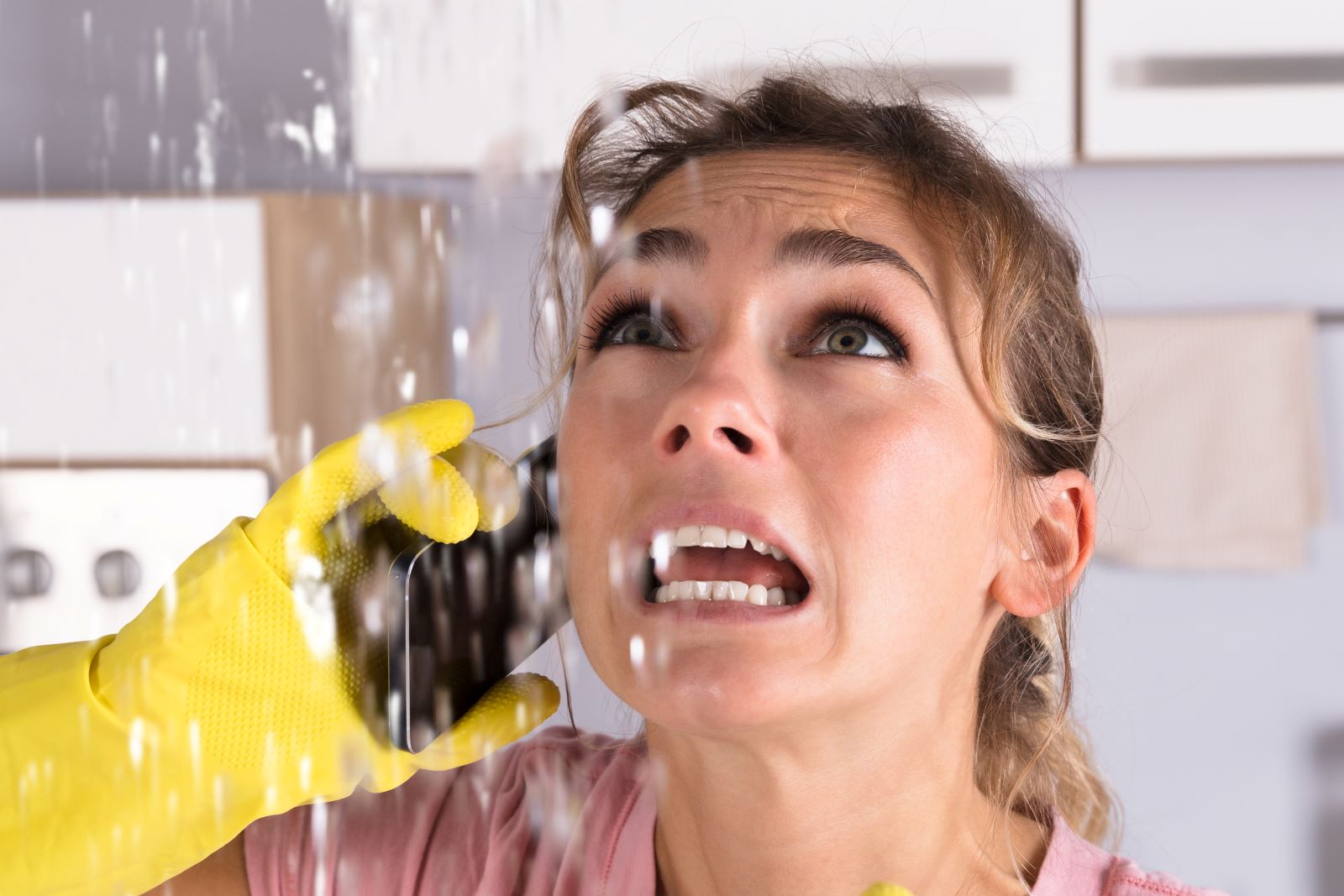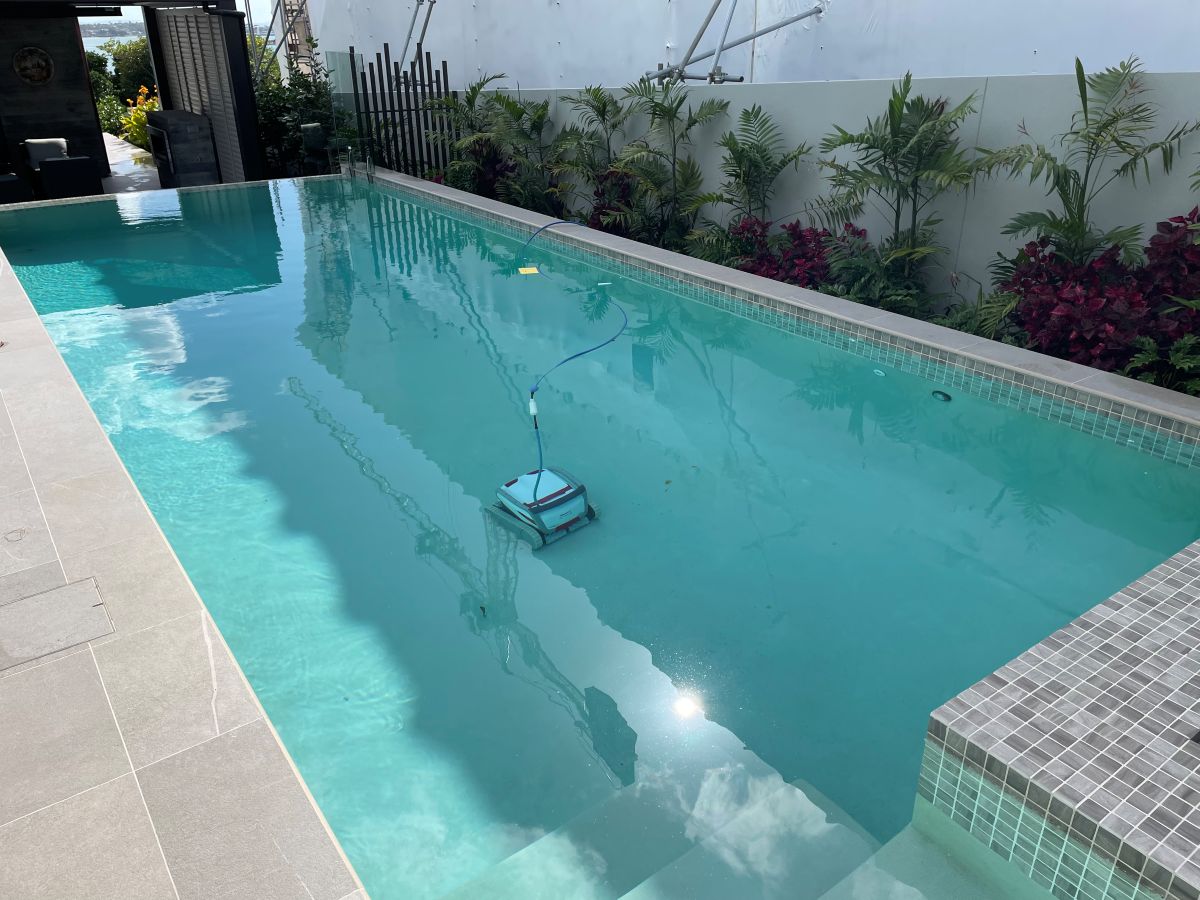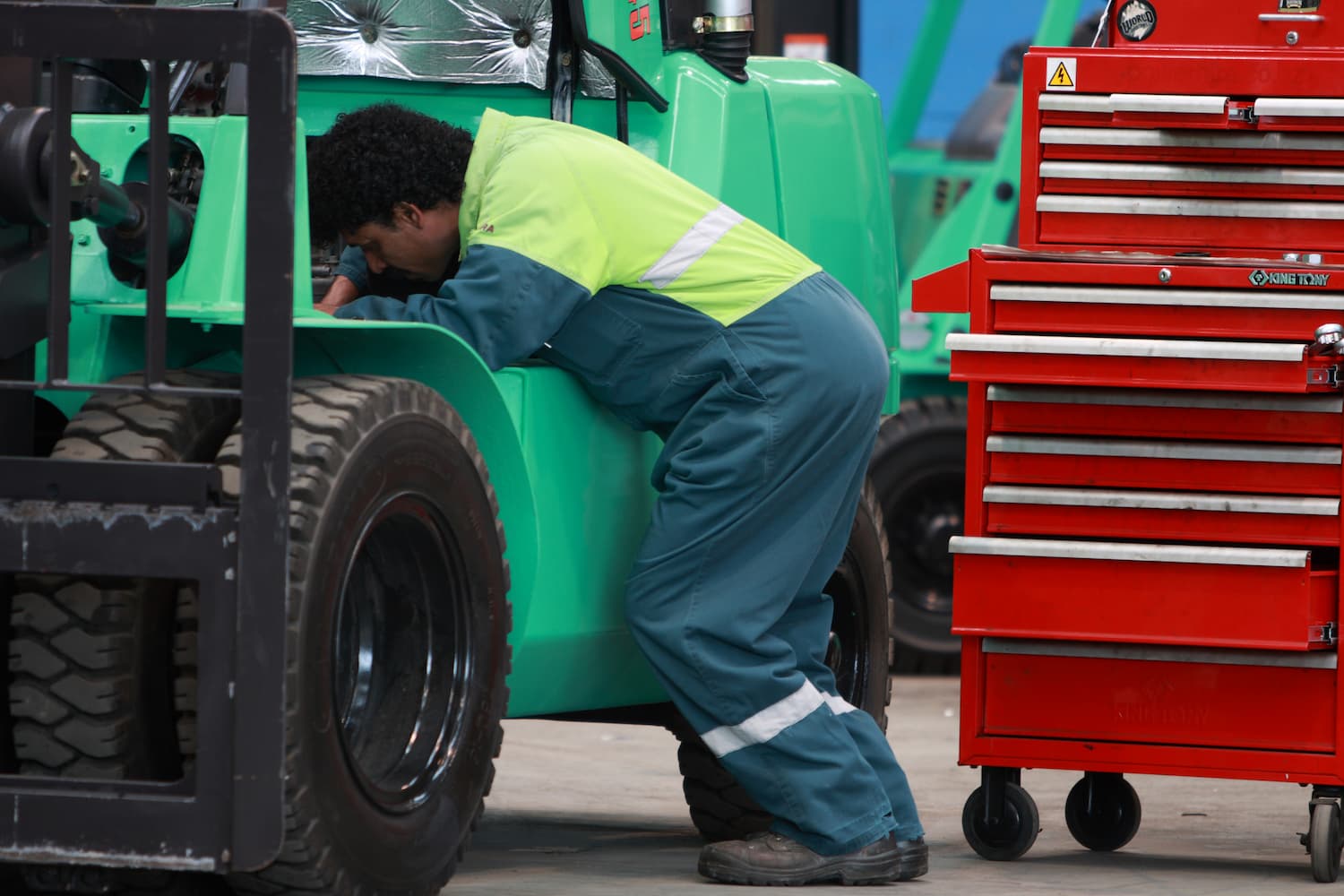New Zealand, renowned for its stunning landscapes and diverse climates, presents a unique living experience and challenges that demand careful preparation. From the dynamic urban centres to the serene rural areas, Kiwi homeowners encounter various unexpected emergencies.
This comprehensive guide goes beyond the ordinary, offering detailed insights on how to navigate and address these challenges promptly. Whether you’re immersed in the vibrancy of city life or enjoying the tranquillity of rural living, meticulous preparation is vital to ensuring the safety of your home and loved ones.
Gas Leaks:
New Zealand homes often rely on gas for heating and cooking, making gas leaks a crucial concern. If you detect even a faint whiff of gas, swift evacuation and immediate contact with a licensed gas professional are essential. This step ensures the safety of occupants, preventing potential disasters, especially in regions where LPG (liquefied petroleum gas) is prevalent.
Beyond familiarity with the distinct odour of gas, described as a “rotten egg” smell, educating all household members on the immediate evacuation procedure is crucial. Regular maintenance of gas appliances, such as stoves and heaters, minimises the risk of leaks and ensures ongoing safety.
Water Leaks/Flooding:
New Zealand’s diverse climate brings the risk of burst pipes and severe water leaks. Quick action to shut off the water supply and call an emergency plumber is imperative to minimize property damage, especially in areas prone to heavy rainfall.
Beyond knowing the location of the main water shut-off valve, consider installing water leak detection devices for real-time alerts. Regularly inspecting pipes, particularly in colder regions where freezing is a concern, becomes essential to prevent potential leaks.
Electrical Issues:
Electrical problems pose risks throughout the country. In the case of sparks or burning smells, turning off the power at the main switchboard and promptly contacting a licensed electrician is crucial.
Adhering to New Zealand safety standards during repairs is essential to prevent fires and other hazards. Regular electrical inspections and maintenance identify potential issues before they escalate into emergencies and educate household members about electrical safety practices.
Blocked Drains/Sewer Backups:
Given the prevalence of septic tank systems, blocked sewer lines can lead to unsanitary conditions. Engaging a plumber with expertise in sewer systems for prompt resolution is particularly critical in rural settings.
Preventive measures, such as regular septic tank pumping and avoiding the flushing of non-biodegradable items, significantly reduce the likelihood of sewer backups. Landscaping practices that prevent root intrusion into sewer lines also contribute to the long-term health of drainage systems.
Heating System Failure in Cold Weather:
New Zealand’s varying temperatures make a malfunctioning heating system a serious concern. Calling an emergency heating technician ensures a habitable environment during unique weather conditions.
Regular maintenance of heating systems, including cleaning filters and checking for leaks, is advisable to prevent sudden failures during cold spells. Investing in energy-efficient heating solutions ensures comfort and aligns with sustainable living practices.
If a heat pump issue arises that requires replacing or installing a new unit, make sure you know the key questions to ask before booking the job.
Lockouts:
Emergency locksmith services are crucial, especially in extreme weather. These professionals provide swift assistance, ensuring the security of your property without causing damage. Consider having spare keys for family members and neighbours, and keep contact information readily accessible for emergency locksmiths.
Upgrading to smart locks with remote access capabilities enhances security while providing convenient lockout solutions.

Roof Leaks:
Sudden roof leaks during heavy rainfall can compromise a building’s integrity. Engaging emergency roofing professionals promptly prevents further water infiltration, particularly in regions with high rainfall.
Regular roof inspections, especially before the rainy season, help identify and address vulnerabilities like damaged shingles or deteriorating flashing. Proper drainage solutions, such as gutter maintenance, contribute to effective roof protection, ensuring the long-term resilience of your home. If you’re seeing signs of overflow, broken joints, or hidden leaks, here’s how to respond to urgent spouting issues before damage spreads.
Broken Windows/Doors:
In New Zealand’s variable climate, broken windows or doors compromise security and weatherproofing. Emergency glass repair or locksmith services are vital for immediately restoring security measures.
Installing reinforced glass or security film on windows and reinforcing door frames enhances resilience against break-ins and extreme weather events. Regularly inspecting and maintaining window and door seals helps prevent drafts and improves overall insulation.
Major Appliance Failure:
The sudden failure of essential appliances disrupts daily life. An emergency call to an appliance repair technician ensures prompt resolution and minimizes disruptions to daily routines.
Regular appliance maintenance, such as cleaning filters and inspecting hoses, can extend their lifespan and reduce the likelihood of sudden failures. Investing in energy-efficient appliances not only contributes to sustainability but also enhances the overall efficiency of your household.
ALSO READ: Why Do Wellington Chimneys Get Blocked So Quickly?
Tree Damage to Property:
Trees falling on properties can cause structural damage and safety risks. Engaging emergency tree removal services ensures the safety of occupants and neighbouring properties. Regular tree maintenance, including pruning and checking for signs of disease, reduces the risk of trees becoming hazards during storms or adverse weather conditions.
Maintaining a safe distance between trees and structures contributes to long-term property protection.
Pest Infestations:
Severe pest infestations, especially those involving stinging insects, pose immediate health risks in New Zealand. Calling a pest control professional promptly addresses the infestation, ensuring the safety of occupants.
Regular pest inspections and implementing preventive measures, such as sealing entry points, can help mitigate the risk of infestations. Understanding local flora and fauna guides pest prevention strategies suitable for the region.
Water Heater Malfunction:
A malfunctioning water heater can lead to a lack of hot water and safety risks. Emergency plumbing services can diagnose and repair issues promptly, maintaining comfort and safety. Regular water heater maintenance, including flushing the tank and checking for leaks, prevents sudden malfunctions and extends the appliance’s lifespan. Upgrading to energy-efficient water heaters reduces energy consumption and long-term cost savings.
Structural Damage:
Sudden structural damage, such as a cracked wall or ceiling, requires immediate attention from a structural engineer or contractor in New Zealand. Timely intervention is crucial to assess the extent of the damage and ensure the safety of the building.
Engaging professionals promptly is essential for comprehensive evaluations and effective restoration of structural integrity. Regular building inspections can help identify and address potential structural issues before they escalate. Ensuring proper drainage around the foundation and addressing issues like subsidence contributes to long-term structural stability.
Water heater Issues:
Malfunctions in a water heater or heater, particularly during cold weather, can lead to discomfort and health risks in New Zealand. An emergency call to a heating technician swiftly addresses the issues.
Regular maintenance, including cleaning and inspecting heating systems, improves efficiency and prevents unexpected breakdowns. Investing in energy-efficient heating solutions ensures comfort and contributes to sustainable living practices.
Broken Garage Door:
A malfunctioning garage door, especially if it poses a security risk, requires an emergency call to a repair service. Timely repairs ensure the security of the property. Regular garage door maintenance, such as lubricating moving parts and checking for wear and tear, prevents sudden failures. Implementing additional security features, such as motion-activated lighting around the garage, enhances overall property safety.
Septic System Backups:
Backups in a septic system can lead to unsanitary conditions and health risks in New Zealand. Engage a septic system professional for emergency services to address the issue promptly. Regular septic tank pumping and avoiding the flushing of non-biodegradable items prevent backups and maintain optimal system functionality. Implementing eco-friendly practices, such as using septic-safe products, contributes to the long-term health of septic systems.
Mould Growth:
Extensive mould growth, especially in areas prone to moisture, poses health risks in New Zealand. An emergency call to a mould removal specialist is necessary to ensure a safe living environment. Timely intervention prevents the spread of mould and facilitates comprehensive removal.
Regular ventilation and addressing moisture issues, such as fixing leaks and improving insulation, reduce the risk of mould growth. Investing in dehumidifiers and using mould-resistant materials contribute to long-term mould prevention.
Sudden Appliance Gas Leak:
Immediate action is essential in the case of a gas leak from household appliances. Engage a professional to identify and repair the source promptly. Regular appliance inspections, including checking for gas leaks and ensuring proper ventilation, reduce the risk of sudden emergencies.
Educating household members about the appropriate use and maintenance of gas appliances enhances overall safety.
Emergency Plumbing Repairs:
Sudden plumbing issues demand immediate attention from emergency plumbing services. Quick response is crucial to prevent water damage and ensure the continued functionality of the plumbing system.
Engaging professional services facilitates efficient resolution and the prevention of further issues within the property. Regular plumbing inspections, including checking for leaks and ensuring proper drainage, help identify and address potential problems before they escalate.
Adhering to New Zealand plumbing standards and regulations during repairs ensures long-term plumbing system integrity. Regular maintenance of plumbing systems is advised to avoid emergencies.
Being prepared for emergencies is paramount for New Zealand homeowners. The country’s diverse climate and unique geographical features necessitate a proactive approach to safeguarding your home. By understanding and addressing these specific emergencies promptly, you can ensure the safety of your loved ones and protect your property from potential disasters.
Conclusion
Stay informed, have emergency contacts readily available, and take swift action when faced with unexpected challenges to maintain a secure and resilient home in the beautiful landscapes of New Zealand. As you further refine your emergency preparedness, consider incorporating community resources and leveraging technology for real-time alerts, enhancing the overall safety net for your home.
There are times you should call emergency services, especially when it comes to gas leaks or building collapse. When you have a gas leak, electrical issues, or tree collapse, it may be best to call the fire brigade. You need to call for help because you may find there is the potential for long-term consequences and health issues.


